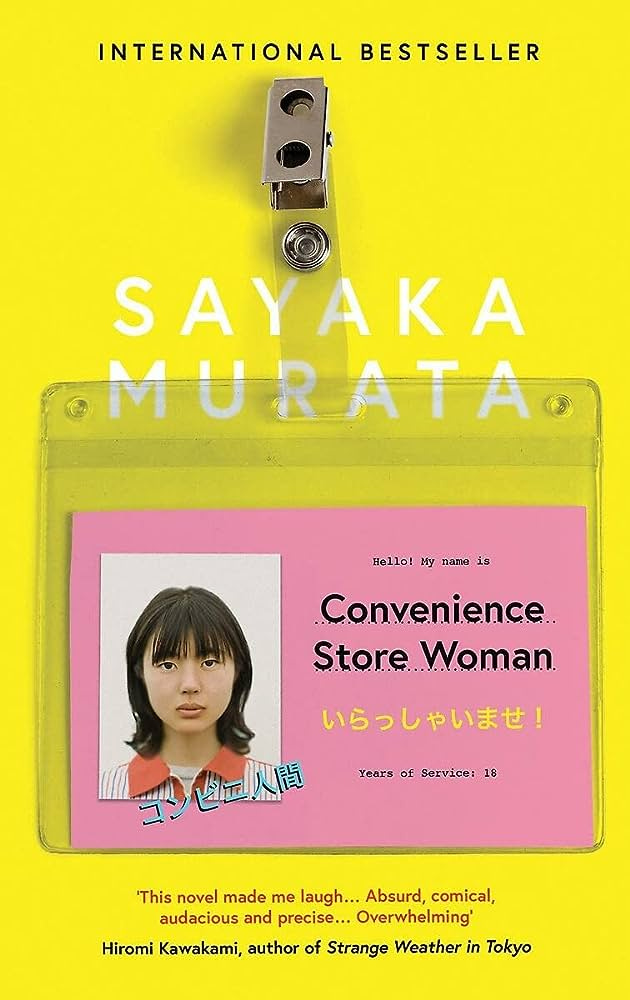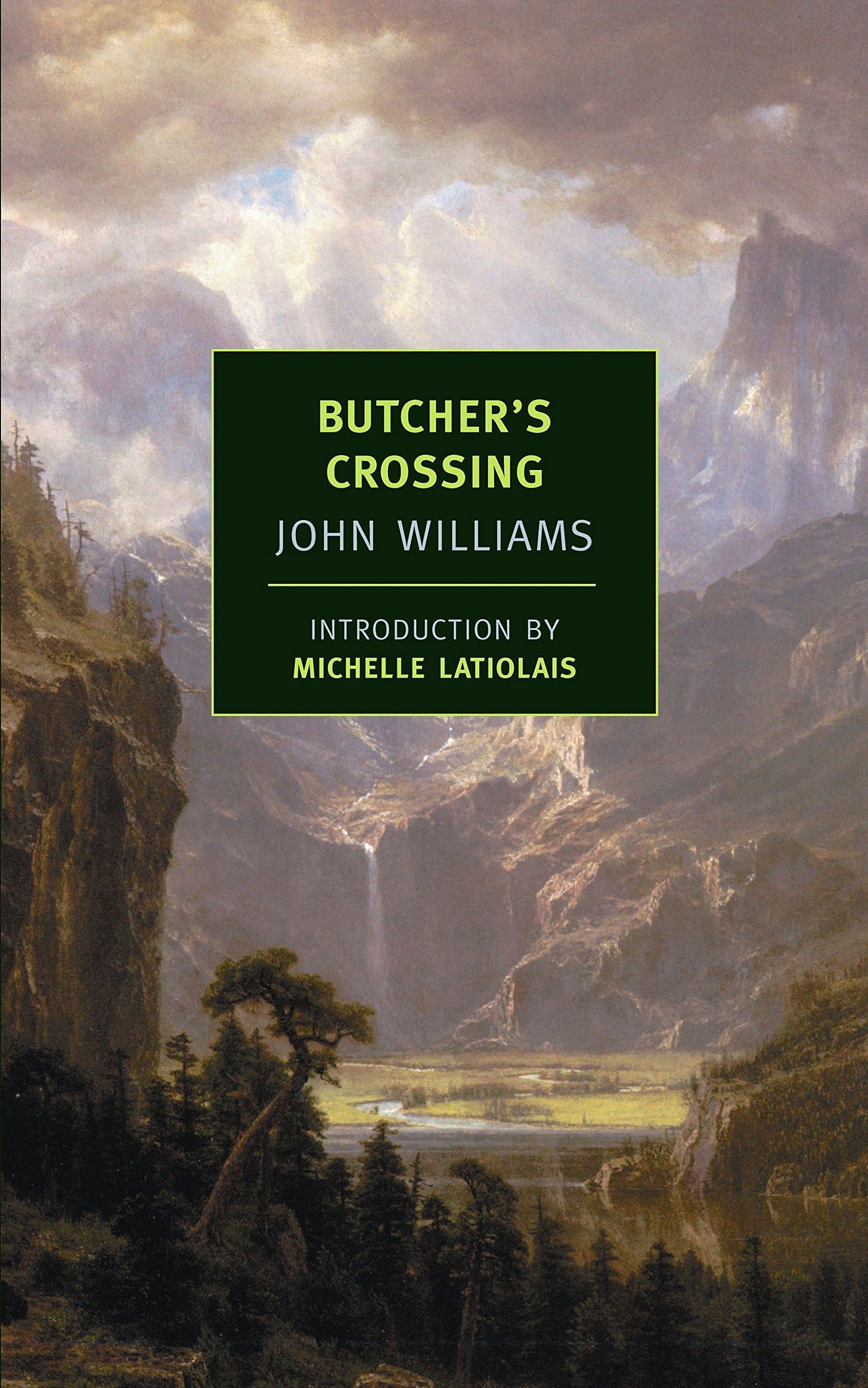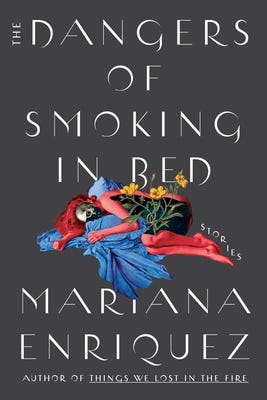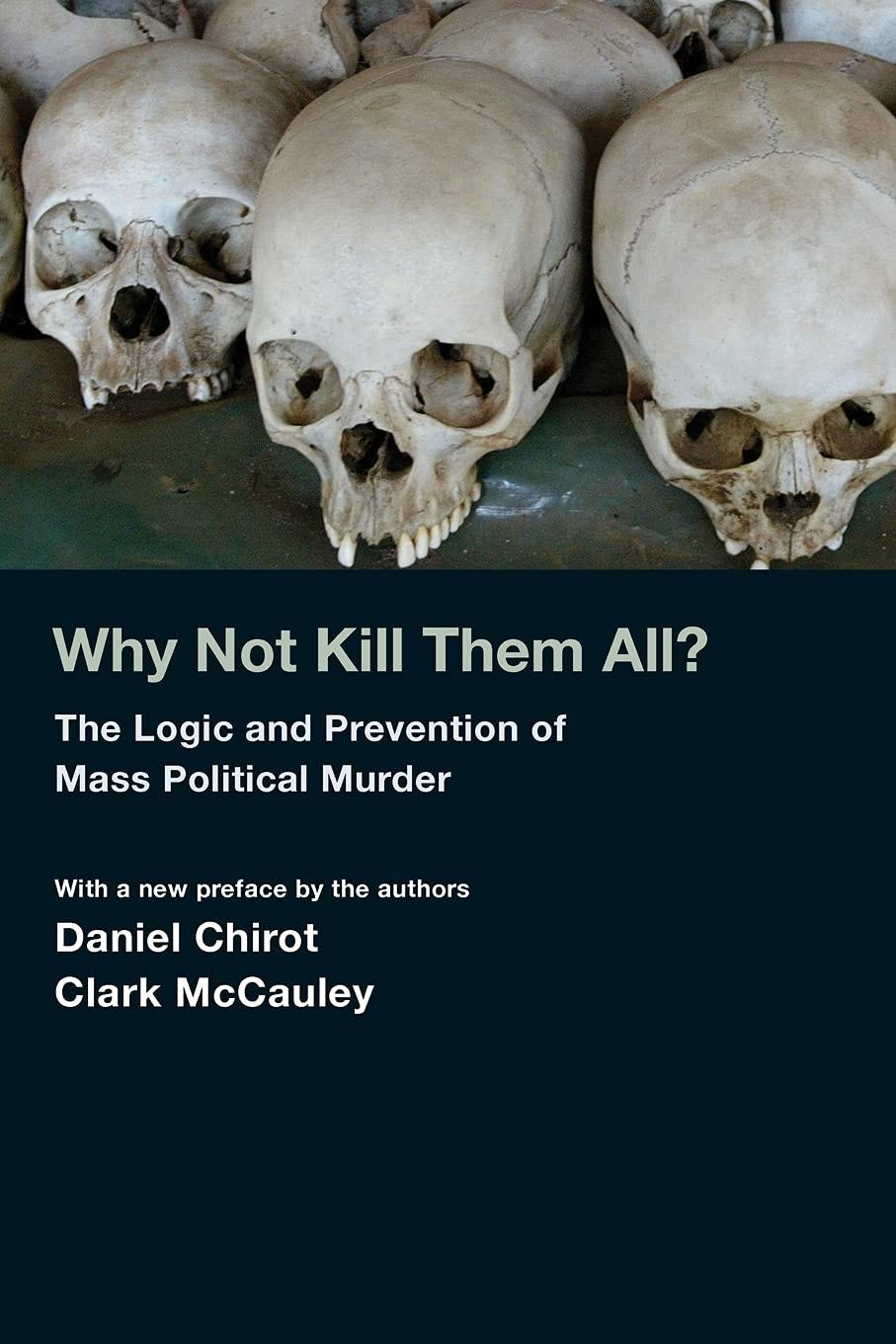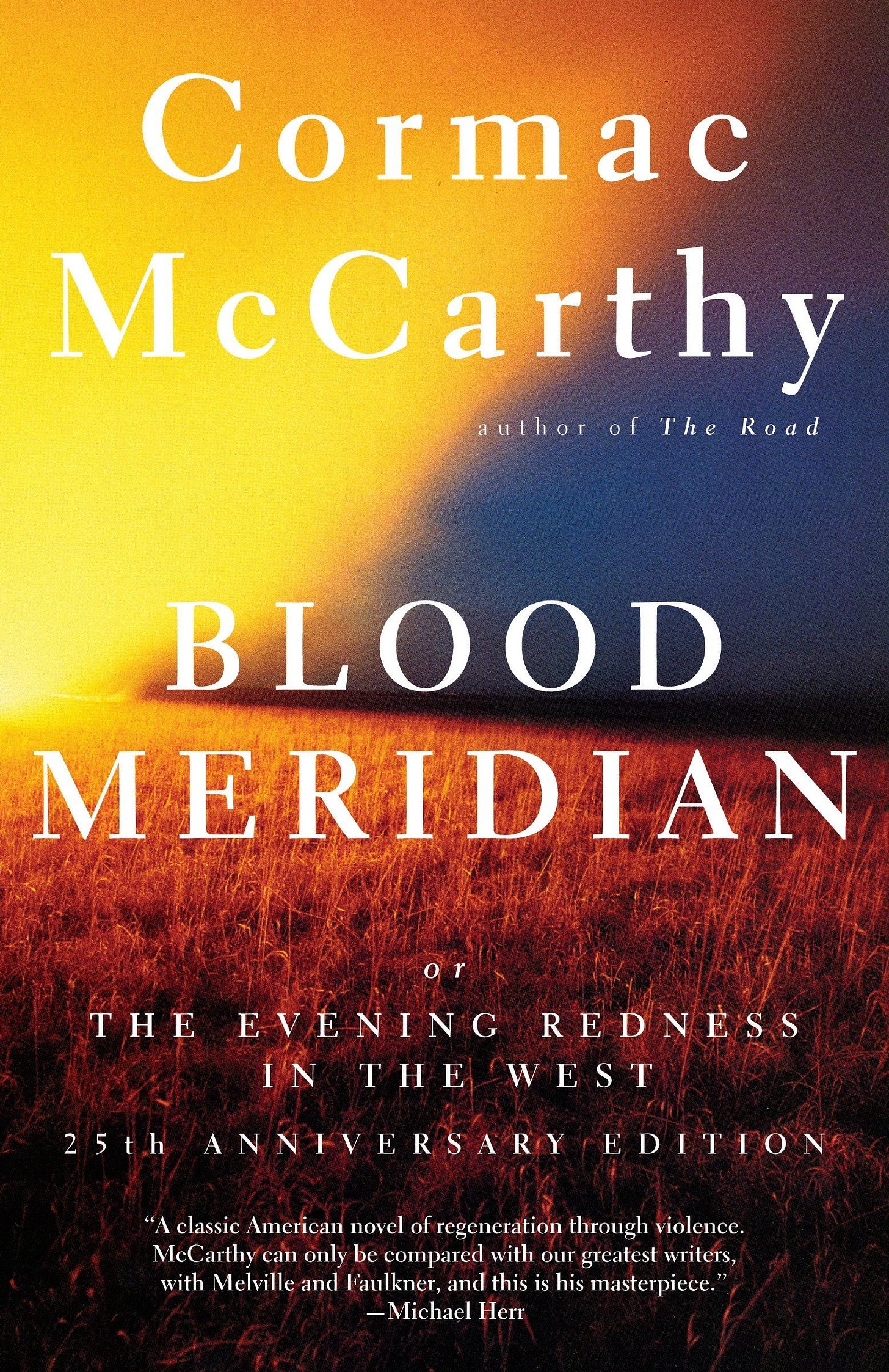What I've Been Reading—July 2023
Yeah, you didn’t actually expect me to remember to do a second one of these, did you?
Convenience Store Woman is a relatively endearing little book that you could honestly read in one sitting. It’s a quirky look at alienation and social expectations in contemporary Japanese life told through the perspective of (spoiler) a woman that works in a convenience store.
It’s a fairly straightforward look at the life of a woman that sits outside of the mainstream of Japanese society, and while it’s very heavily implied that she is on the autism spectrum, it’s never outright stated. She gets around this by mimicking the personalities of her various coworkers which serves to position her as a composite that acts as a stand-in to criticize the hypocrisies of modern Japanese society. It’s a neat narrative trick but in my opinion, the book is just too short to really ever do much with this.
There’s not terribly much to say about this book in a more meaningful sense though if I’m being honest. I’d give it a read but don’t expect anything world-shaking.
Butcher’s Crossing. Just an absolutely tremendous book. I picked it up after seeing it recommended alongside Blood Meridian. That being said the only real similarity is surrounding the mythology of American violence in the West.
Otherwise, this is a much more ennui-driven novel about the interior life of the protagonist William Andrews and his journey hunting buffalo. Which I suppose isn’t particularly surprising coming from the author of Stoner—another book I’d strongly recommend. The writing is also rather beautiful in the description of the West, and worthwhile for that alone.
I’d just warn anyone looking to read this first that it is very much a literature bro kind of book. If you don’t like stuff like ennui and suffering protagonists that are attempting to find an authentic purpose in the wilderness, I’d probably pass. So clearly I enjoyed it and would recommend it otherwise.
The Dangers of Smoking in Bed is kind of cheating since I actually read most of the short stories in this collection a few months ago and just got around to finishing it this month.
It’s fairly uneven if I’m being honest. There are a few notable stories that stand out—particularly The Well and The Lookout—for their fairly poignant depictions of depression. But it’s just kind of all over the place. The prose can be extremely flat in other stories, and they feel like they just exist to have a Shyamalan-style twist at the end rather than any real point.
If you’re really into Gothic-style literature, I’d probably check it out for those couple of stories, but otherwise—you’re not missing much.
Why Not Kill Them All is the only book I’ve read this month that isn’t actually literary fiction. It’s fine. It’s more of a survey of various theories on what causes people to engage in mass killings than anything else. If you’re interested in this topic and don’t have any real other background in the subject I’d recommend checking it out as a really good overview, but otherwise, you won’t be hearing anything new.
I don’t have really much else to say about this one. I expected more of a book positing clear in-depth looks at various case studies, but I can’t really fault them for writing a survey of existing literature.
Yeah, I read it again. I’m actually going to end up posting what I’ve written on Blood Meridian as a series of articles I think. It’s a great book. Just go read it already.

